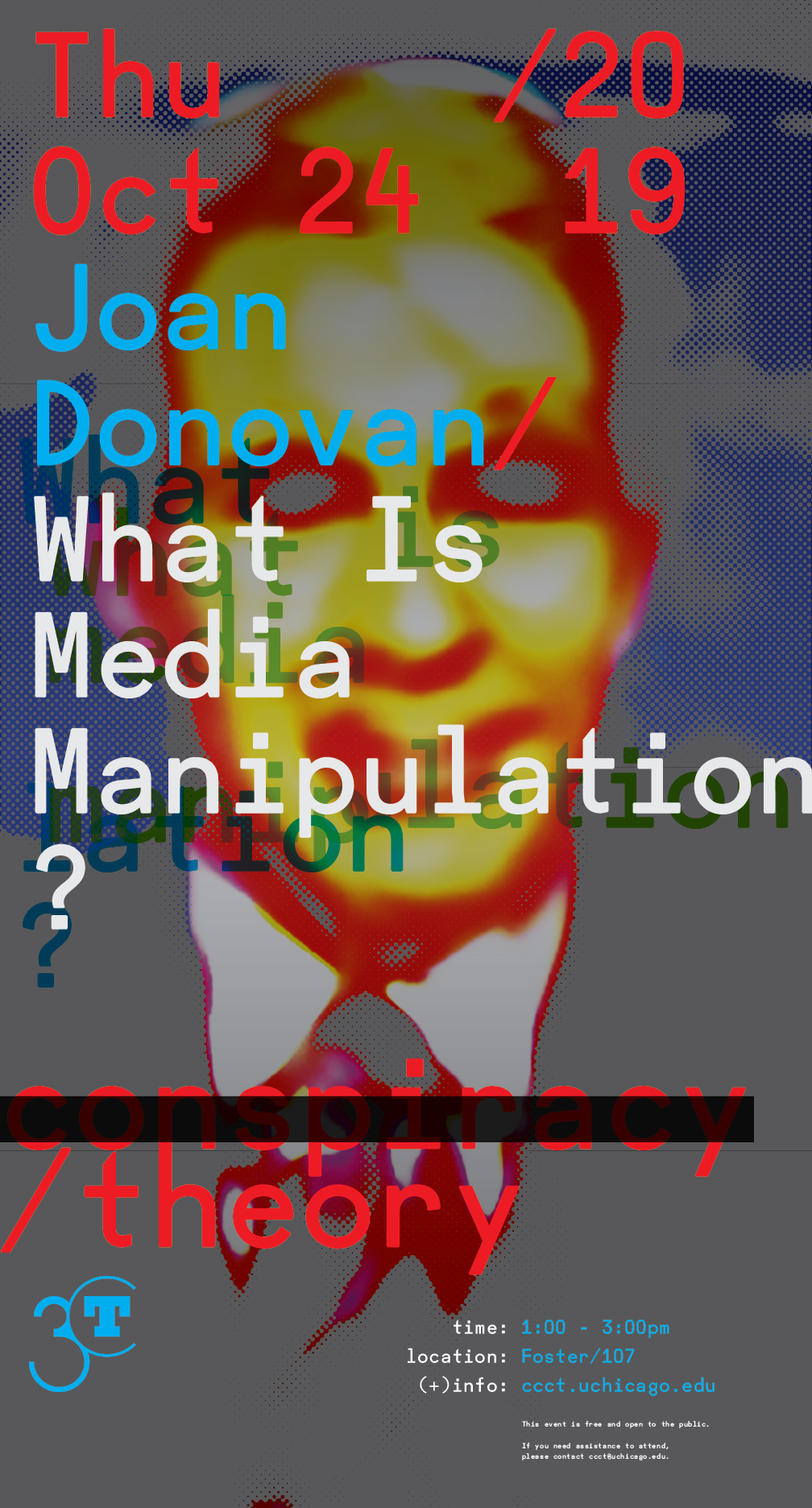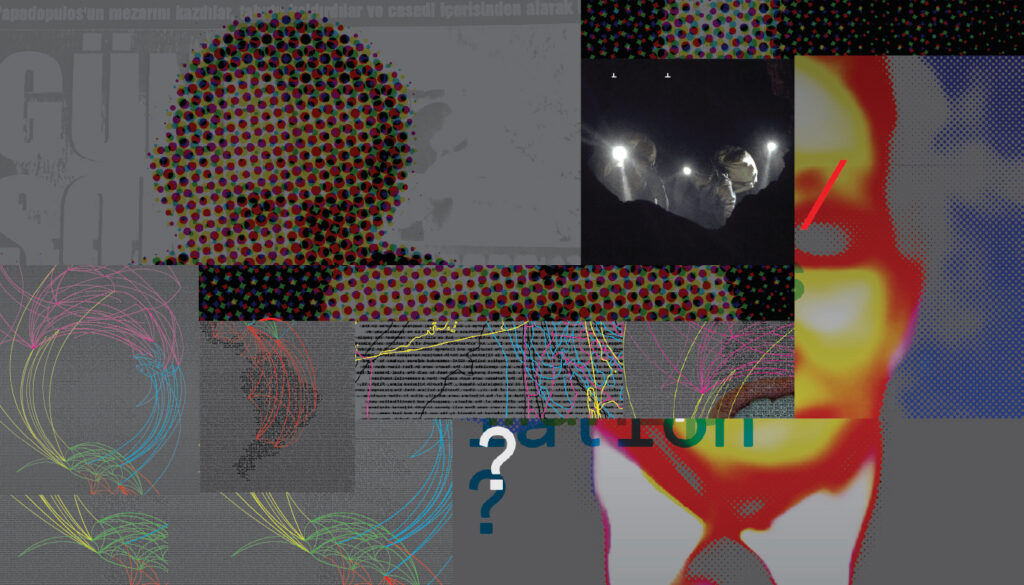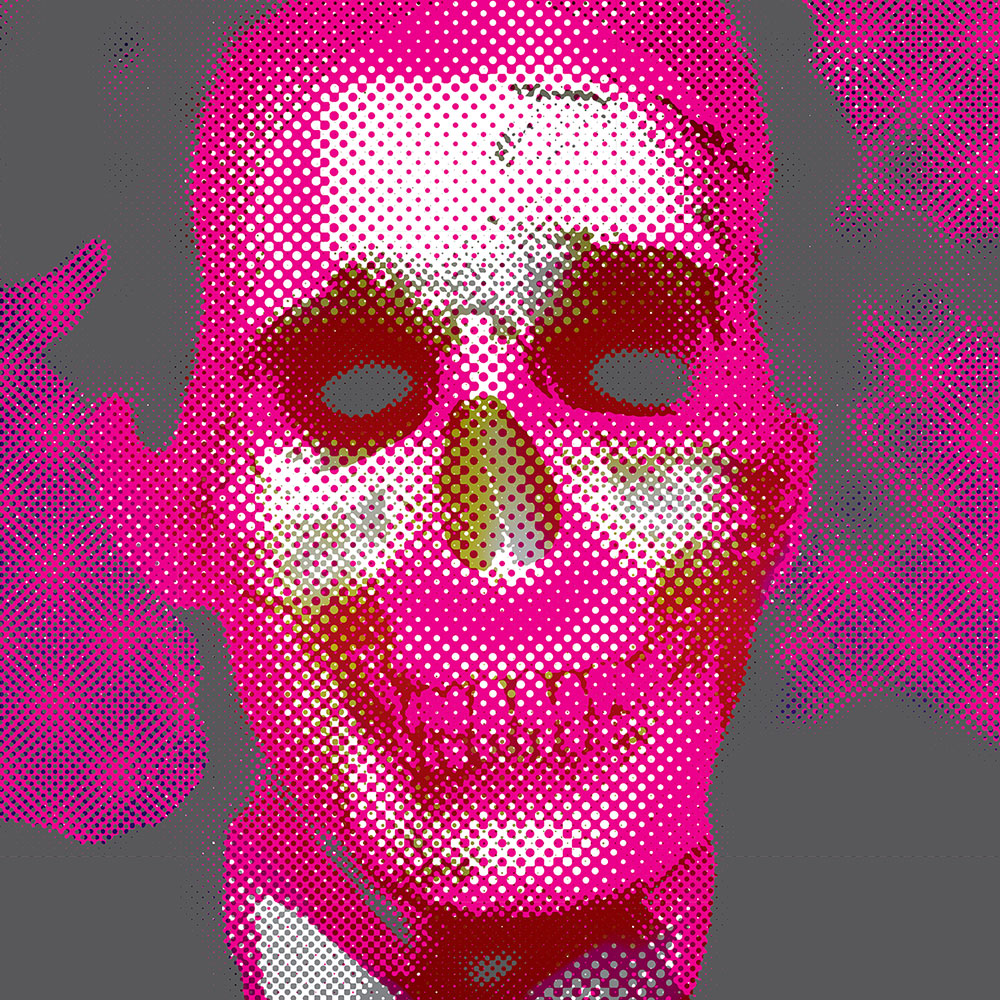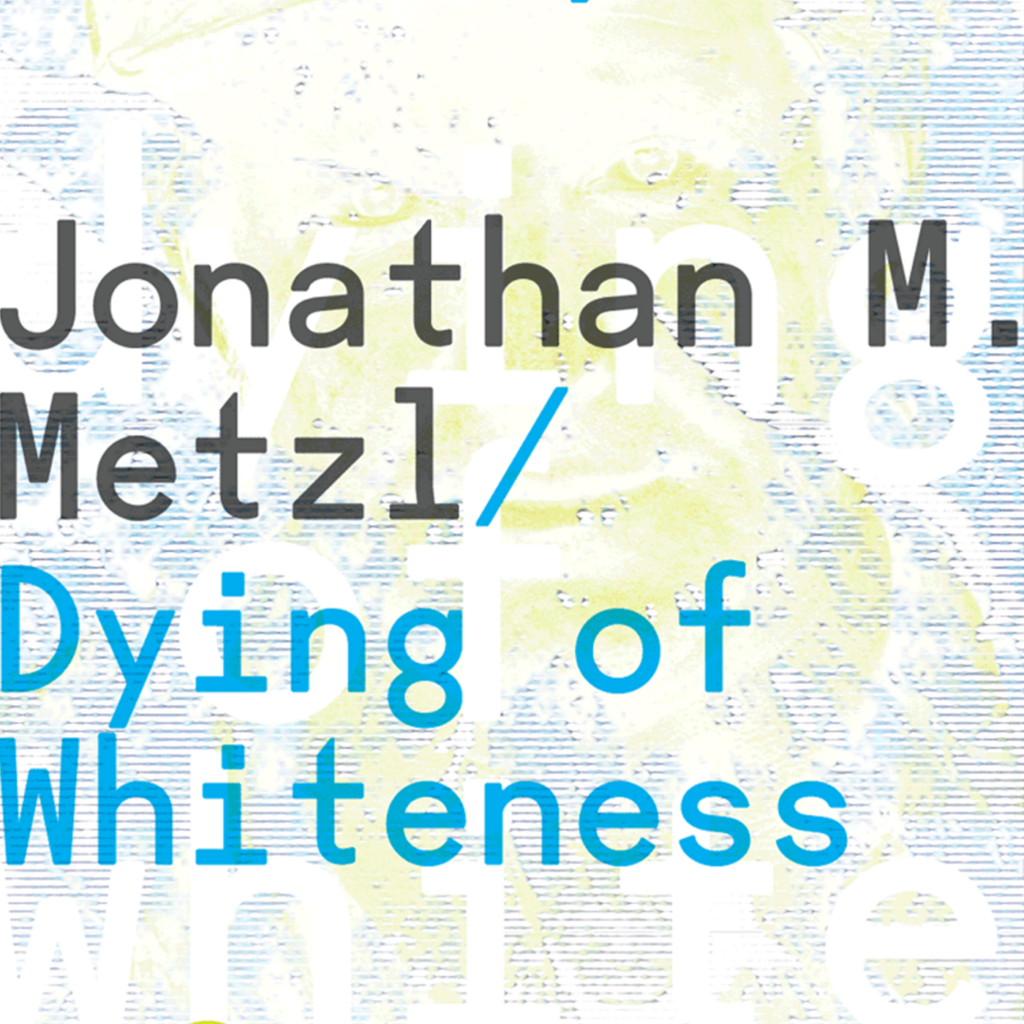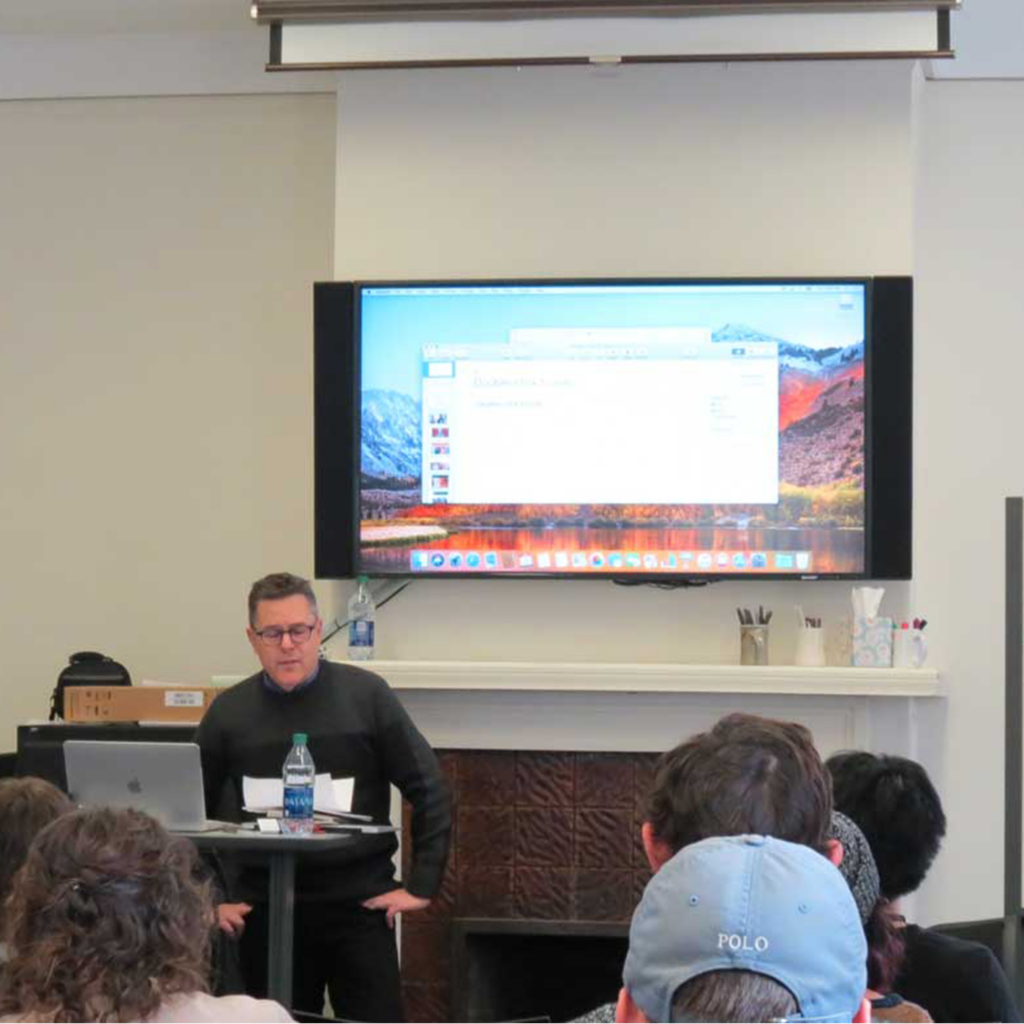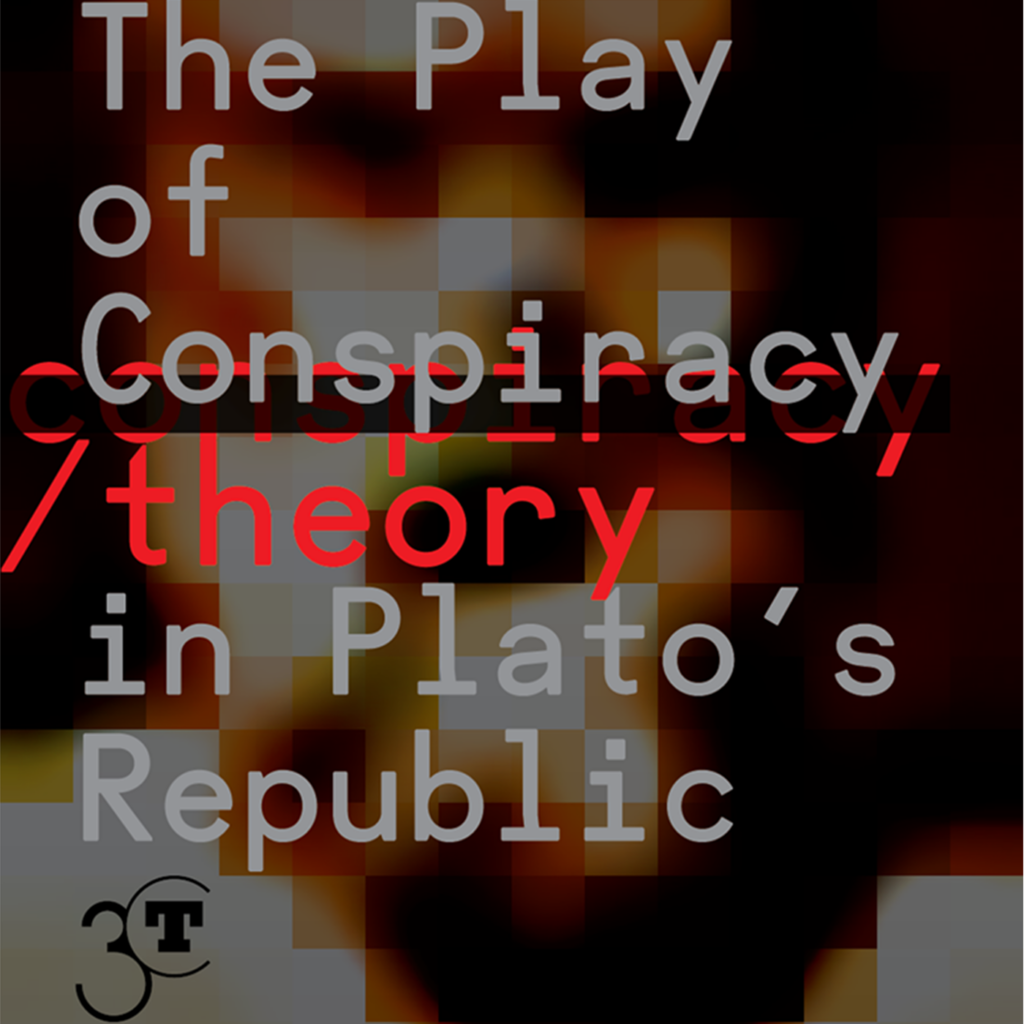Categories
Joan DonovanWhat Is Media Manipulation?
Thursday, October 24, 2019, 1:00-3:00pmJournalists face a barrage of information, and they must make choices about which stories to cover based on available source materials. Some stories, though, are just that, stories. Dr. Joan Donovan’s research maps and tracks attempts by “media manipulators” to influence journalists and bait them into picking up false stories.
During breaking news events, media manipulators act quickly to establish their narratives by creating and seeding content in order to trick journalists into covering specific highly politicized wedge issues. Manipulators often rely on the speed and ubiquity of social media, which has quickened the pace of news, to make wide scale distribution of polarizing hoaxes possible. Manipulation campaigns are planned and executed across multiple platforms online simultaneously in an effort to capture a wide audience of both everyday users and to ensnare journalists. Broadly, she and her collaborators refer to these tactics as “source hacking,” a versatile set of techniques for feeding false information to journalists, investigators, and the general public during breaking news events or across highly polarized wedge issues.
In this paper, she examines four different methods of “source hacking” and shows how media manipulators rely on the specific affordances of sociotechnical platforms to surface false information and consequently sway and/or set media agendas. While most journalists are trained to spot savvy public relations, promotional content, and to avoid publishing propaganda, in this networked media environment, hoaxes assume new forms and often mask themselves as social movements. In order for journalists to effectively spot and debunk these hoaxes, theory and methods for addressing source hacking must be developed and widely disseminated across journalism schools and newsrooms.
Dr. Joan Donovan is Director of the Technology and Social Change (TaSC) Research Project at the Shorenstein Center at Harvard University. Dr. Donovan leads the field in examining internet and technology studies, online extremism, media manipulation, and disinformation campaigns. Dr. Donovan’s research and teaching interests are focused on media manipulation, effects of disinformation campaigns, and adversarial media movements.
Her research can be found in academic peer-reviewed journals such as Social Media + Society, Journal of Contemporary Ethnography (JCE), Information, Communication & Society, Social Studies of Science, and Online Information Review. Her contributions can also be found in the books Data Science Landscape: Towards Research Standards and Protocols and Unlike Us Reader: Social Media Monopolies and Their Alternatives. Dr. Donovan received her Ph.D. in Sociology and Science Studies from the University of California San Diego, and was a postdoctoral fellow at the UCLA Institute for Society and Genetics, where she studied white supremacists’ use of DNA ancestry tests, social movements, and technology.
